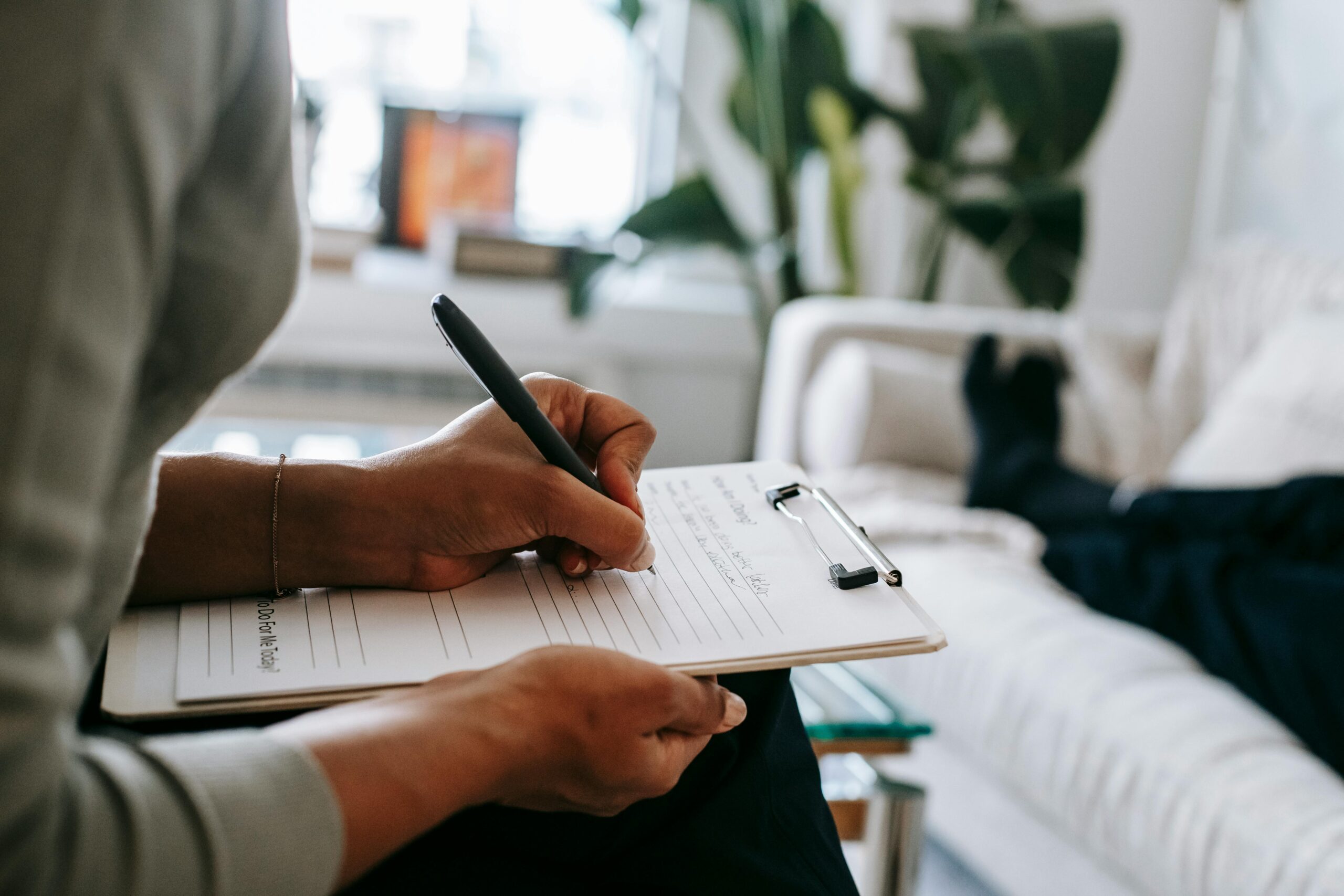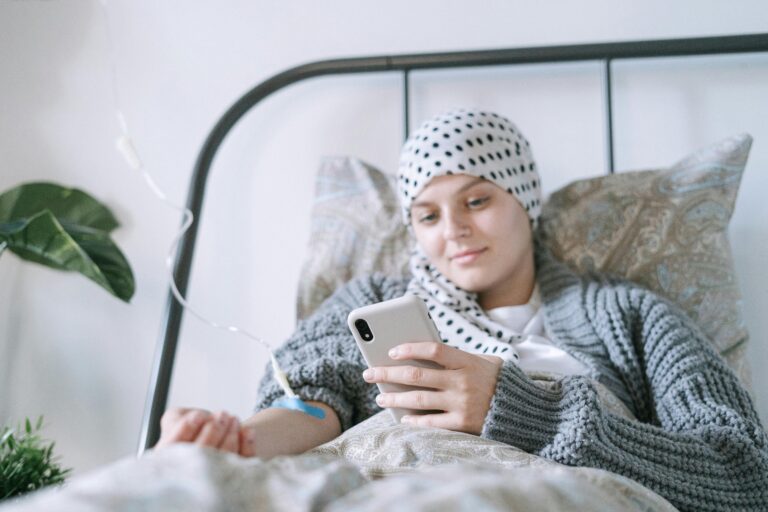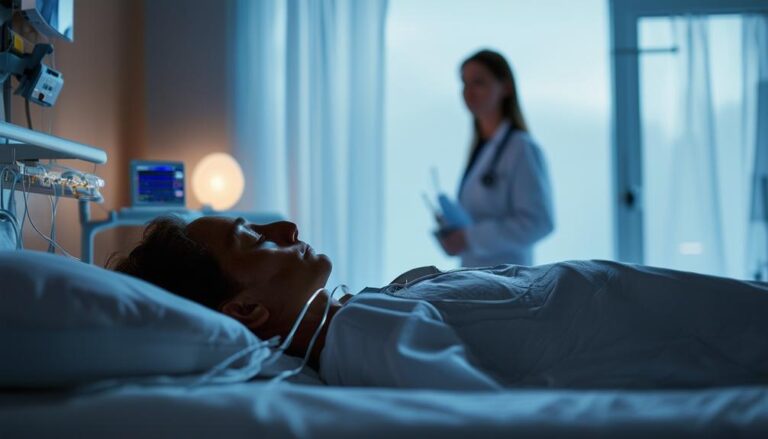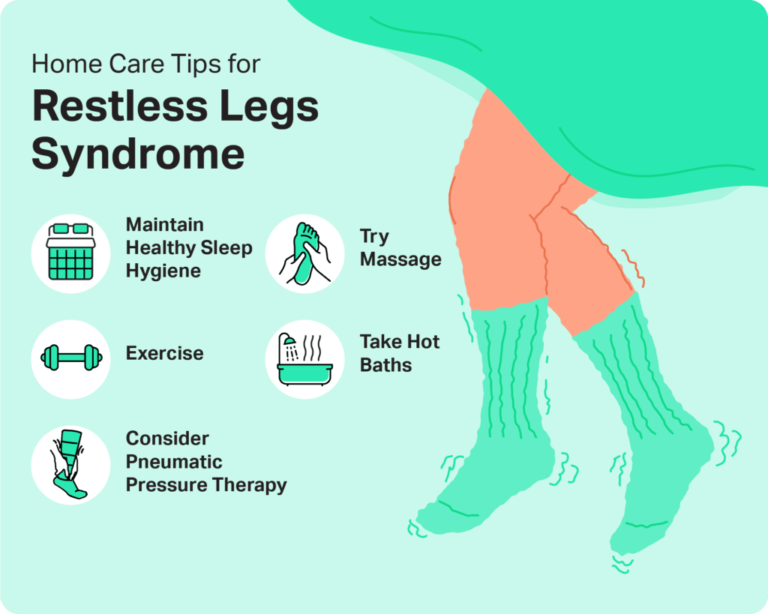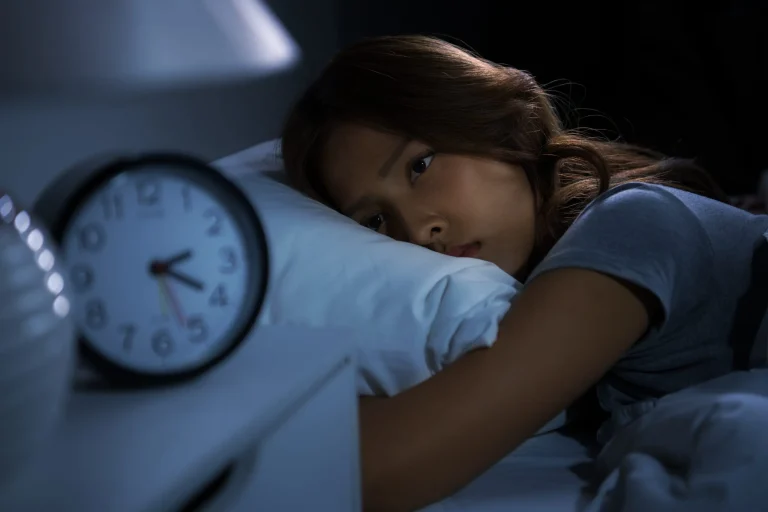Are There Any Alternative Therapies For Treating Restless Leg Syndrome?

Have you ever wondered if there are any alternative therapies for treating Restless Leg Syndrome (RLS)? Maybe you’ve experienced that irresistible urge to move your legs, usually accompanied by uncomfortable sensations. RLS can be distressing, disrupting your sleep and overall quality of life. You’re probably familiar with conventional treatments but might be curious about the alternative options available. Let’s unpack some of these alternative therapies that could potentially bring you relief.
What is Restless Leg Syndrome?
Restless Leg Syndrome is a neurological condition characterized by an overwhelming urge to move the legs, typically accompanied by uncomfortable sensations such as itching, tingling, or crawling. These symptoms often occur in the evening or during periods of rest, making it difficult to fall asleep or stay asleep.
Conventional vs. Alternative Therapies
Traditional treatments for RLS often include medications like dopamine agonists, anti-seizure drugs, or opioids. While effective, these medications can come with side effects. If you’re seeking a more holistic approach, there are several alternative therapies worth considering.
Exercise and Physical Activity
Aerobic Exercise
Engaging in regular aerobic exercise can be beneficial for relieving RLS symptoms. Activities like walking, swimming, or cycling can improve circulation and reduce the uncomfortable sensations in the legs.
Strength Training
Incorporating strength training exercises into your routine can also be advantageous. Focus on exercises that target the lower body to improve muscle tone and reduce discomfort.
Stretching
Simple stretching exercises can help alleviate the tightness and discomfort associated with RLS. Incorporate stretches that focus on the calves, hamstrings, and quadriceps.
Relaxation Techniques
Yoga and Tai Chi
Both yoga and Tai Chi can help relax your mind and body. These disciplines involve gentle movements and deep breathing, which can alleviate stress and improve physical well-being, thereby reducing RLS symptoms.
Meditation
Practicing mindfulness meditation can reduce stress and anxiety, which often exacerbate RLS symptoms. A few minutes of daily meditation can make a significant difference.
Massage
Regular massages can improve blood flow and decrease muscle tension, offering relief from RLS symptoms. Consider using essential oils like lavender or eucalyptus for added benefits.
Nutritional Approaches
Iron Supplements
Low iron levels are often linked to RLS. Taking iron supplements under medical supervision can alleviate symptoms. Always consult your healthcare provider before starting any supplement.
Magnesium
Magnesium deficiency can also contribute to RLS. Foods rich in magnesium, such as nuts, seeds, and leafy greens, or magnesium supplements, can be helpful.
Vitamins
Adequate levels of Vitamins D, E, and C are essential for muscle function. Incorporate a balanced diet rich in these vitamins to help manage RLS symptoms.
Herbal Remedies
Valerian Root
Valerian root has natural sedative properties that can help improve sleep quality and reduce RLS symptoms.
Chamomile
Chamomile tea is another soothing herbal remedy that can relax the muscles and promote better sleep.
Passionflower
Known for its calming effects, passionflower can help lessen the severity of RLS symptoms.
Acupuncture and Acupressure
Acupuncture
This ancient Chinese practice involves inserting thin needles into specific points on the body to restore balance and improve energy flow. Some studies suggest that acupuncture may help reduce RLS symptoms.
Acupressure
Similar to acupuncture, acupressure involves applying pressure to specific points on the body. This can help alleviate pain and discomfort associated with RLS.
Lifestyle Modifications
Sleep Hygiene
Maintaining good sleep hygiene can significantly impact RLS symptoms. Establish a regular sleep schedule, create a comfortable sleep environment, and avoid stimulants like caffeine and nicotine before bedtime.
Stress Management
Effective stress management techniques, such as progressive muscle relaxation, deep breathing exercises, or even hobbies that you enjoy, can help manage RLS symptoms.
Hydration
Staying well-hydrated can improve muscle function and reduce the likelihood of RLS symptoms. Aim to drink at least eight glasses of water daily.
Seek Professional Guidance
While these alternative therapies can offer relief, it’s essential to seek guidance from healthcare professionals. Nowhere is this more evident than at places like Vector Sleep Diagnostic Center.
About Vector Sleep Diagnostic Center: Where Expertise and Compassion Converge
Vector Sleep Diagnostic Center, led by Dr. Dmitriy Kolesnik, provides unrivaled care for a range of sleep disorders, including Restless Leg Syndrome. Their patient-first approach combines expertise with compassionate care.
Led by a Veteran Sleep Medicine Specialist
Dr. Kolesnik brings over two decades of medical experience and specialized knowledge in Sleep Medicine, Neurology, and Psychiatry. Educated initially at St. Petersburg Medical School in Russia, he honed his skills further in New York. His extensive background ensures that you receive the highest quality of care.
Academic and Clinical Excellence
Since 2004, Dr. Kolesnik has also served as a Clinical Instructor in Neurology at Weill Medical College of Cornell University. This dual role keeps him at the forefront of sleep medicine research and treatment methodologies, enriching his clinical practice.
A Legacy of Comprehensive Care
Since taking over as Medical Director in 2009, Dr. Kolesnik has driven the center forward with innovative technologies and evidence-based treatments. From sleep studies to specialized evaluations, every aspect of care is designed to meet your unique needs.
Our Mission and Vision
At Vector Sleep Diagnostic Center, the mission is clear: provide unmatched care for sleep health, guided by principles of ethical patient care and clinical innovation. The team is deeply committed to helping you achieve the best possible quality of life.
Why Choose Vector for Consultation and Education?
When you choose Vector for consultation and education, you’re placing your well-being in the hands of board-certified sleep specialists. The center is equipped with the latest technological advancements and knowledge in sleep medicine.
Services Offered
- Sleep Studies: Comprehensive diagnostics for various sleep disorders.
- Sleep Apnea Care: Including CPAP titration and Durable Medical Equipment (DME) setup.
- Insomnia Solutions: Tailored treatments for chronic insomnia.
- Specialized Evaluations: In-depth assessments for unique sleep challenges.
- Consultation and Education: Interactive workshops, educational brochures, online modules, and one-on-one counseling.
- Follow-Up and Continuous Care: Ensuring that your treatment evolves with your needs.
Initial Consultation
Your initial consultation at Vector Sleep Diagnostic Center will likely include:
- A detailed discussion of your sleep history
- An assessment of your lifestyle and symptoms
- Preliminary tests or questionnaires to understand your sleep patterns
Specialized Evaluations
If your condition requires a detailed evaluation, Vector offers:
- Overnight Polysomnography
- Home Sleep Apnea Test
- Multiple Sleep Latency Test
- Maintenance of Wakefulness Test
- Pediatric Sleep Studies
Continuous Support
Vector’s commitment doesn’t end with the initial consultation. The follow-up and continuous care program ensures that your treatment remains effective over time.
Contact Us
If you’re interested in exploring these therapies or need specialized care for your sleep issues, reach out to Vector Sleep Diagnostic Center.
- Address: 26, 62-60 99th St, Rego Park, NY 11374
- Phone: (718)830-2800
- Email: vectorsleep@gmail.com
In Summary
If you’re wrestling with Restless Leg Syndrome, there are a variety of alternative therapies that you might find beneficial. While traditional treatments are effective, these holistic approaches offer additional avenues for relief. Whether it’s through exercise, nutrition, herbal remedies, or professional guidance from Vector Sleep Diagnostic Center, there are multiple ways to manage and mitigate your symptoms. Don’t hesitate to take the first step toward better sleep and enhanced quality of life.


